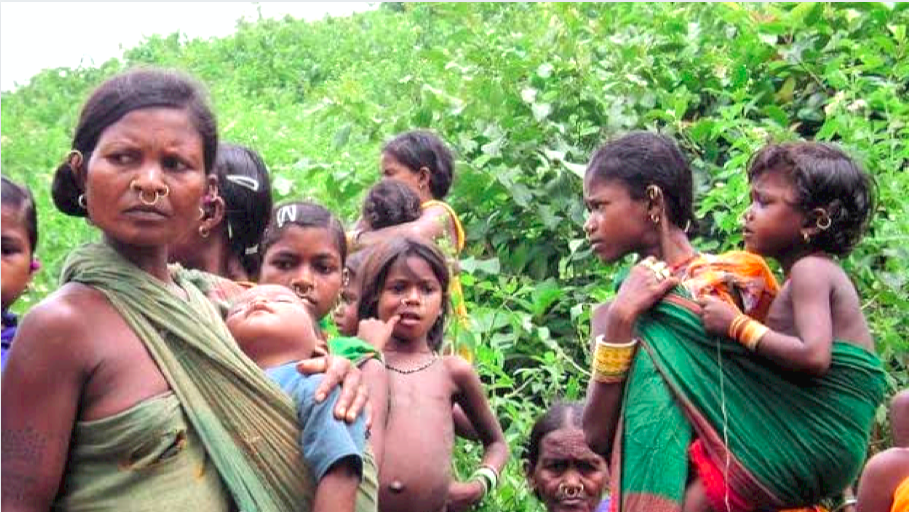NEW DELHI: The Rashtriya Swayamsevak Sangh (RSS) and its affiliate the Akhil Bharatiya Vanvasi Kalyan Ashram (ABVKA)’s outreach among tribals had increased manifold and the Sangh Parivar has planned to give special emphasis on them in the coming times to bring the community under its framework of Indian cultural nationalism which it propagates, sources privy to the developments have confirmed The Sunday Guardian. Talking to The Sunday Guardian, Pramod Pethkar, a high-ranking RSS Pracharak and Prachar Pramukh of ABVKA, said, “Yes undoubtedly our projects have increased manifold among the tribal community and it will increase more in coming days.” As per the data accessed by this paper, the Akhil Bharatiya Vanvasi Kalyan Ashram, an affiliate of the RSS whose purpose is to make the tribal community self-reliant and empower them, is presently running 19,398 projects among tribals all over the country through which it is benefiting more than eight lakh people. The projects are mostly in education, health, sports and economic development sectors. The data suggests that 3,602 small/big projects are functional in the education sector , while 4,486 projects are running in the health sector benefitting 6,90,372 people in tribal areas. Interestingly, the Sangh Parivar is working on two fronts among the tribal communities: reconstructing tribal culture and trying to forge a Hindu-tribal synergy as it believes that both societies have the same values and moral structures. It is also working to explore such links, which may create unity in the society. ABVKA was established as an organization by the RSS in 1952 at Jashpur, Chattisgarh (then Madhya Pradesh) focusing on the welfare of the tribal communities in India. The organization whose first initiative was a hostel project enrolling children from the local tribal communities has seen exponential growth with various organisational units working among the larger tribal population from Chhattisgarh to the Northeast states. Now, it functions in all the states and Union territories of the country, covering more than 30,000 villages. Even recently, Mohan Bhagwat, the Sarsanghchalak of the RSS, called upon the workers of the Sangh Parivar to embrace tribal communities and work for their uplift. Political analysts believe that the Sangh Parivar’s outreach among the tribals from the northeast to Gujarat had also in a way helped its political affiliate, the Bharatiya Janata Party (BJP), to achieve major electoral successes in these areas which were never its area of influence. “If we look at recent elections, tribal communities had voted in large numbers for the BJP in Gujarat, northeast states and in Maharashtra. The BJP won more than 70% tribal seats in the Maharashtra Assembly polls and all the four tribal reserved parliamentary seats in the Lok Sabha polls in 2014. In Gujarat and Madhya Pradesh also, its performance in tribal areas had improved significantly. The work done by the Sangh Parivar through its projects have a major role in it,” said Nishant Kumar Pandit, a researcher who is writing his doctoral thesis on tribal politics. Figures of 2011 census of India put the tribal population in the country at more than 10 crore which means tribals constitute roughly 8% of the country’s total population.

